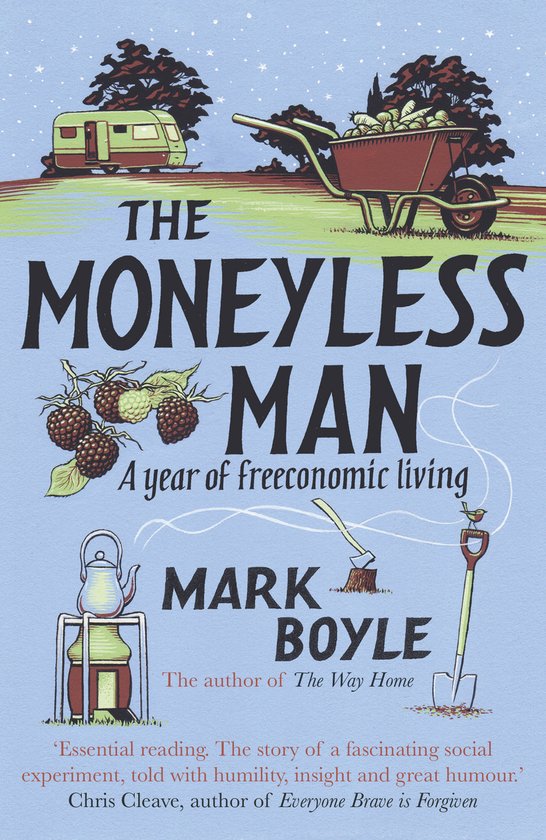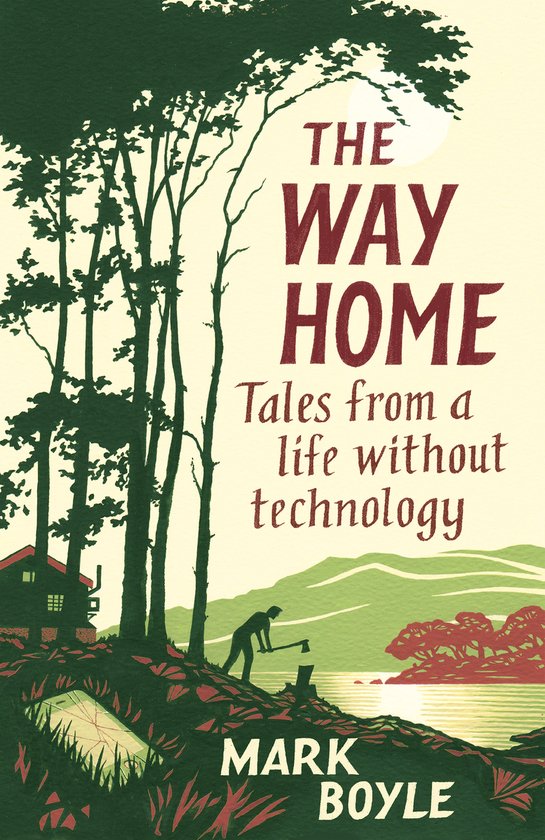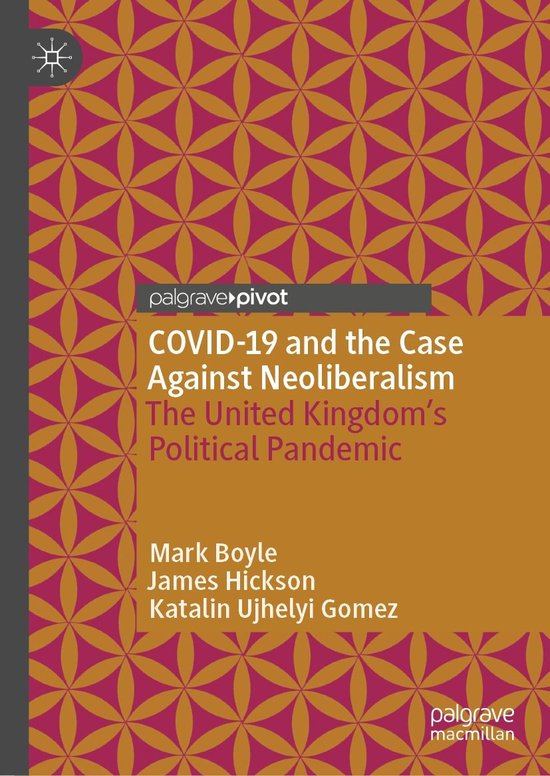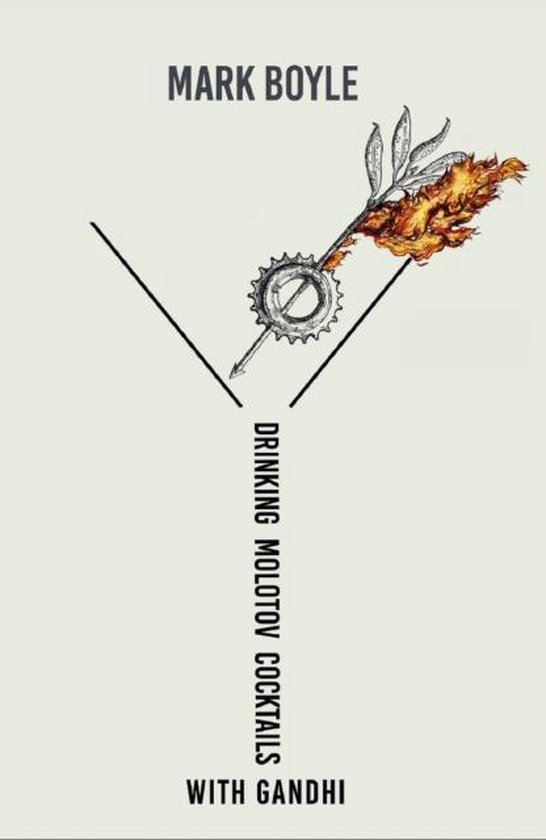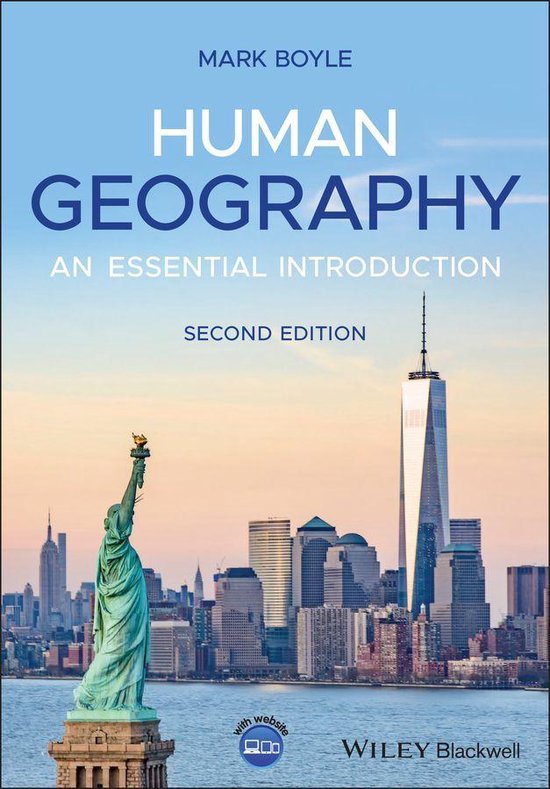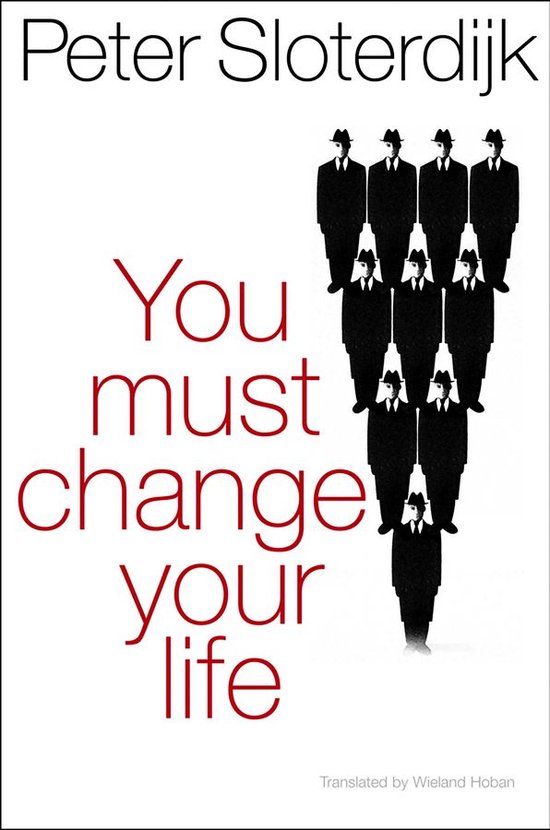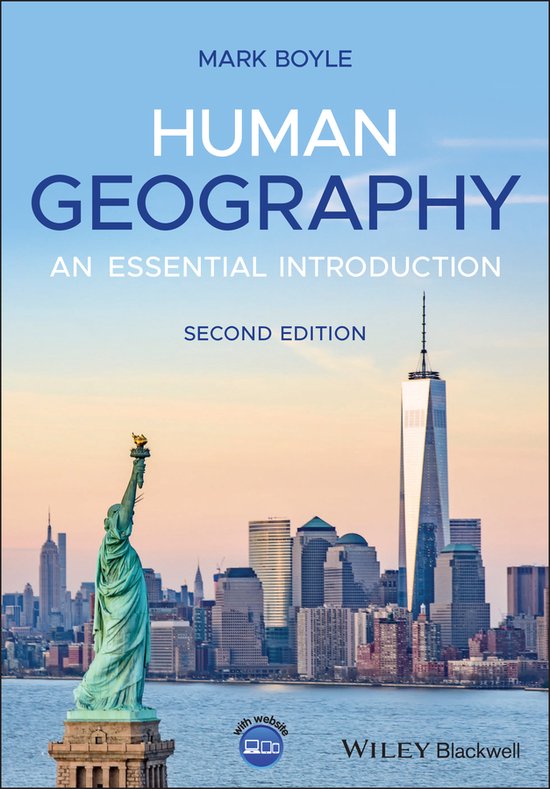
Human Geography
“A wonderfully accessible, cutting-edge text for human geography students. Boyle meticulously and lucidly examines geography’s core issues and the day’s pressing economic, political, and social concerns.”
—David Wilson, Professor, University of Illinois at Urbana-Champaign
“A wide-ranging and engaging text that will enthuse students about both the historical context of geographical thinking and the diversity of the field’s current debates.”
—Fiona McConnell, Associate Professor, University of Oxford
“Whilst distilling challenging concepts into accessible terms, this book is simultaneously critically questioning of Western theory, development and population mantras, and more—an invaluable resource for students and instructors alike.”
—Elaine Ho, Associate Professor, National University of Singapore
“This introduction manages to connect the histories and traditions of the discipline of Human Geography with the great challenges of our time and overtly demonstrates the relevance of human geography to today’s world.”
—Guy Baeten, Professor, Malmö University
Drawing on nearly three decades of instructional experience and a wealth of testing pedagogical innovations with students, Mark Boyle has revised and expanded this authoritative and comprehensive introduction to Human Geography. As with the First Edition, Boyle follows the premise that “history makes geography whilst geography makes history,” and that the key to studying the principal demographic, social, political, economic, cultural and environmental processes in any region in the world today is to look at how that region has been impacted by, and in turn has impacted, the story of the rise, reign, and decline of the West. Moreover he argues that Human Geography itself is best understood as both an intellectual endeavour and a historical, political, and institutional project.
Informed by recent developments in post-colonial scholarship, the book covers key concepts, seminal thinkers, and influential texts in the field. Although designed for the beginner student, Boyle does not shy away from ideas and debates often avoided in introductory texts, clearly communicating theory without condescension. In addition, he places human geography in its larger academic context, discussing the influences on the field from related subjects. Notable features in the Second Edition include:
- Extensive revision and updating of coverage of key ideas, developments, debates and case studies
- New chapter on uneven geographical development at different scales and development theory and practice
- Dedicated coverage of Covid-19s geographies
- New learning resources (figures, tables, plates, maps, Deep Dive boxes, etc.) throughout the text, plus learning objectives, essay questions, checklists summarizing key ideas, and guidance for further reading
- Updated and expanded companion website with MP4 and MP3 chapter-by-chapter lectures and PowerPoint slides for each chapter, new multiple-choice exam paper and additional essay-style exam questions, and a wide range of student tutorial exercises
Human Geography: An Essential Introduction, Second Edition is an excellent foundational text for undergraduate courses in human geography, globalization, Western civilization, historiographies of intellectual thought, the grand public problems confronting humanity in the twenty first century, and other wider social science courses.
Revised, Extended, and Extensively Updated Text Uses Historical Geographical and Thematic Approach to Provide Undergraduates with a Firm Foundation in Human Geography
Drawing on nearly three decades of instructional experience and a wealth of testing pedagogical innovations with students, Mark Boyle has revised and expanded this authoritative and comprehensive introduction to Human Geography. As with the First Edition, Boyle follows the premise that “history makes geography whilst geography makes history,” and that the key to studying the principal demographic, social, political, economic, cultural and environmental processes in any region in the world today is to look at how that region has been impacted by, and in turn has impacted, the story of the rise, reign, and decline of the West. Moreover he argues that Human Geography itself is best understood as both an intellectual endeavour and a historical, political, and institutional project.
Informed by recent developments in post-colonial scholarship, the book covers key concepts, seminal thinkers, and influential texts in the field. Although designed for the beginner student, Boyle does not shy away from ideas and debates often avoided in introductory texts, clearly communicating theory without condescension. In addition, he places human geography in its larger academic context, discussing the influences on the field from related subjects. Notable features in the Second Edition include:
- Extensive revision and updating of coverage of key ideas, developments, debates and case studies
- New chapter on uneven geographical development at different scales and development theory and practice
- Dedicated coverage of Covid-19s geographies
- New learning resources (figures, tables, plates, maps, Deep Dive boxes, etc.) throughout the text, plus learning objectives, essay questions, checklists summarizing key ideas, and guidance for further reading
- Updated and expanded companion website with MP4 and MP3 chapter-by-chapter lectures and PowerPoint slides for each chapter, new multiple-choice exam paper and additional essay-style exam questions, and a wide range of student tutorial exercises
Human Geography: An Essential Introduction, Second Edition is an excellent foundational text for undergraduate courses in human geography, globalization, Western civilization, historiographies of intellectual thought, the grand public problems confronting humanity in the twenty first century, and other wider social science courses.
| Auteur | | Mark Boyle |
| Taal | | Engels |
| Type | | Paperback |
| Categorie | | Wetenschap & Natuur |
